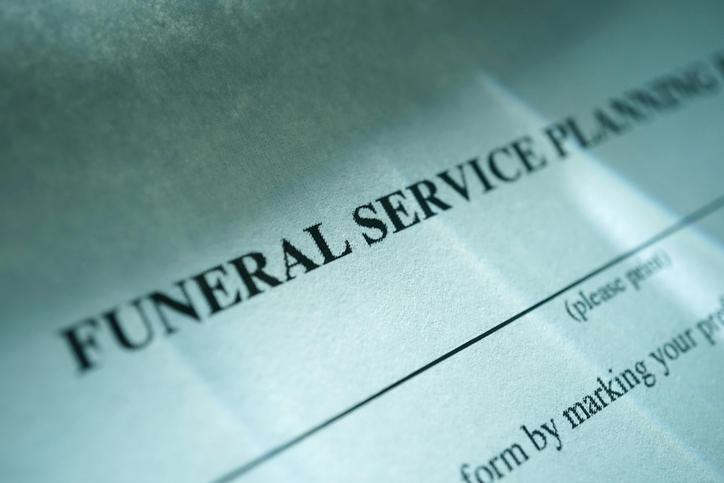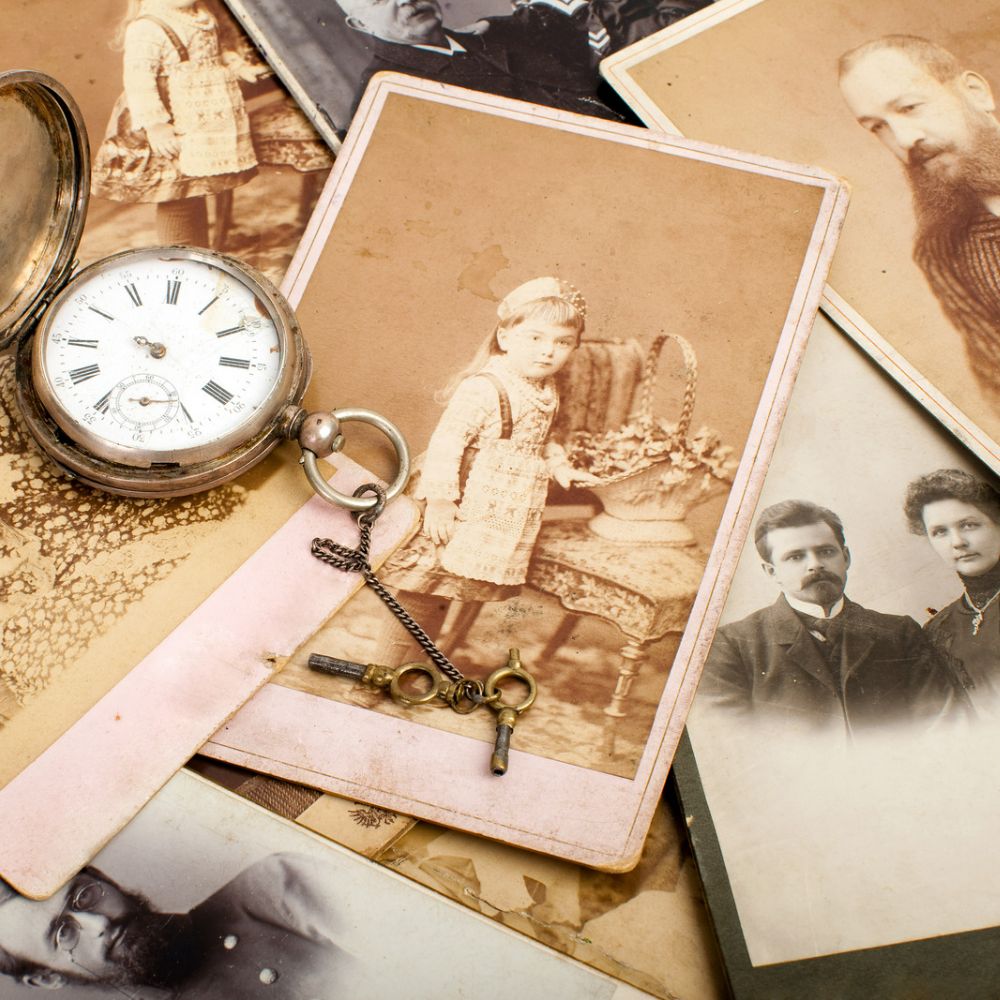All Articles & Guides / End of Life / What to Do When Someone Dies
What to Do When Someone Dies
No two individuals are the same, and no death will require the same exact processing steps. Understanding the necessary tasks to handle closing out a loved one’s affairs can help during a time of grief.
Organizing and carrying out the personal and legal details of someone’s last wishes can be stressful, especially during a sad time, but try viewing these final tasks as an honorable responsibility. Settling someone’s affairs is often a team effort, and it’s advisable to lean on others for emotional support and to ask professionals like lawyers and accountants to advise on financial matters.
We created a checklist of immediate and long-term steps you’ll need to take to handle one’s affairs after death.

Immediate Steps After a Loved One Passes
✔ Obtain a death certificate
If a loved one has passed away outside of a medical facility, you’ll need to call 911 to have them transported to an emergency room to get an official declaration of death. This critical piece of paperwork will be vital in handling the deceased’s personal affairs and is necessary to begin planning a funeral. Since you’ll need these for different aspects of closing their affairs, we recommend asking for 5-10 copies. You can order them from the county or state vital records office where the death occurred.
✔ Inform friends and family
Share the news with immediate family and close friends, as well as your loved one’s place of employment. Those closest to you may offer to help with funeral plans, taking care of pets, children, or other responsibilities. Delegating tasks to trusted people can take a huge weight off your shoulders. Sometimes people don’t know when it’s appropriate to ask for help, so know that it’s okay to ask for assistance during a time of grief. Plus, this will allow you time to process your grief and handle the most important tasks while requesting others to handle easier responsibilities.
- You’ll need to make sure that the deceased’s home, vehicle, and valuables are all locked up and safe.
- Make a plan to take care of any grieving pets that have been left behind with family or at a pet care facility.
- Set up a forwarding order for mail so you don’t have mail piling up at the deceased’s home (This can signify to others that the property is empty.)
✔ Begin carrying out funeral plans
Ideally, you will have a general idea of your loved one’s last wishes. Your first step will be determining whether the deceased wanted to be cremated or buried, so their body can be transported to an appropriate funeral home. You’ll need to make several choices very soon afterward since a funeral often takes place within days of death. Here are some of the things you should consider:
- Choosing a casket, coffin, or urn - along with choosing a burial location, columbarium internment, or where your loved one's urn will be kept.
- If you’re having a burial, you’ll need to select an outfit for your loved one and whether you’ll have an open or closed casket
- Select a cemetery and purchase a burial place if needed
- You may choose to write an obituary or ask another family member to write one.
- You’ll need to work with the funeral home to choose flowers, music, readings, speakers, photos to display, a procession, and more. You’ll also discuss funeral costs and send out invitations to close friends and family after notifying them of your loved one’s passing.
- You may decide to start planning a memorial service, celebration of life, or other gathering to allow people to offer condolences, say their goodbyes, and reminisce or grieve.

In the weeks that follow…
1. Organize expenses and bills
Create a list of all bills including mortgages, utilities, phone bills, car payments, etc. Cancel subscriptions that are unnecessary but continue to pay bills concerning property to prevent any additional issues down the road when trying to sell property.
2. Find out who the executor is and if the deceased left behind a will.
You’ll need these documents to the guide next steps regarding belongings and property, as well as any money that was left behind. If an executor isn’t named, the probate court judge will name an administrator in their place. You’ll need to take the will to probate court to make sure that a person’s debts and liabilities are paid before remaining assets can be transferred to any beneficiaries. This will include making an inventory of all assets, from a house to furniture.
3. Meet with an attorney
A lawyer can help navigate the process of settling an estate, which can get complicated. They’ll also need to be privy to wills and can assist in tracking down assets. If your loved one had an accountant, you’ll need to contact them to file any final tax returns on the deceased’s behalf.
4. Review finances
Did your loved one have a life insurance policy privately or through work? You can contact their employer and look for paperwork for the necessary policy numbers. If you shared a bank account with your loved one, you might get automatic rights of survivorship, but you’ll need to share a death certificate to remove the deceased from an account. If they were a sole owner, the bank will release funds to the beneficiary once they learn of the account holder’s death. You’ll also need to find out if your loved one had stocks, or other investment accounts that will need to be handled.
5. Safeguard identity documents
To prevent identity theft, you’ll want to freeze credit as soon as possible, while you take the time to close out accounts. Next, you’ll need to send a copy of a death certificate to a major credit bureau like Equifax, TransUnion, or Experian and cancel a driver’s license. You’ll also need to close credit card accounts, terminate insurance policies, safely store, or return a passport to the Department of State, manage email accounts, and memorialize or delete social media accounts. Email accounts can be beneficial in obtaining more necessary information on a deceased’s life and can provide insight into whether someone worked with a reliable accountant, attorney, investor, or realtor that can assist you with closing out a loved one’s affairs.

Other next steps…
Remember to give yourself grace and look after yourself through this difficult time. Handling a loved one’s affairs can be a long and difficult road, so it’s okay to take the time to check in with yourself during the grieving process. Find ways to memorialize your loved one to keep them close to your heart, whether that be through cremation jewelry, personalized ornaments, or a customized picture frame. You can also plan an annual celebration of life or memorial service to continue paying tribute to a loved one and honoring their life.
It's never too early to make end of life plans, especially if you have certain wishes you’d expect to be carried out. In the event of an accident, having a document that outlines the details of your life someone would need to know or assigning beneficiaries to accounts can make survivors’ lives easier. Talking about death doesn’t have to be sad or taboo, you’re simply making plans to make loved ones’ lives easier during a sad time.
Related Content





